Abbas discusses Palestinian situation in Bern
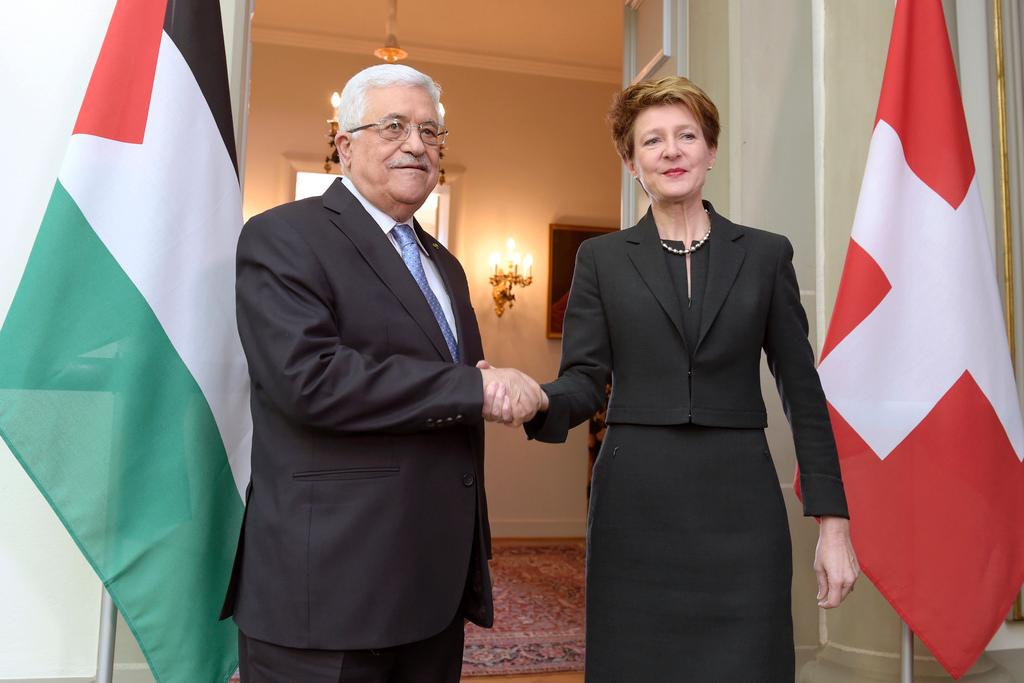
Swiss President Simonetta Sommaruga has welcomed Palestinian President Mahmoud Abbas to Bern and reinforced Swiss commitment to a two-state solution between Palestine and Israel.
Topics addressed during Abbas’s working visit to the Swiss capital included the complexity of the situation in Palestine and the prospects of peace, but not whether Switzerland would recognise Palestine as an independent state.
“Resolving the regional situation is priority,” Sommaruga said on Monday. For his part, Abbas said Switzerland was a sovereign country and therefore it was up to the Swiss to decide on the issue.
In November 2014, Switzerland was one of 138 countries to grant Palestine non-member observer status at the United Nations.
“Switzerland has worked for years for a solution to the conflict between Israel and Palestine. Our aim is to achieve peace,” Sommaruga said on Monday, confirming Switzerland’s support of a two-state solution “going down a path of negotiations that is fair and lasting”.
To this end, Sommaruga stressed the importance of a national consensus government capable of playing its part in Gaza. As part of this, following a request by the Palestinian Authority Switzerland last year worked out a road map, consolidated by the United Nations Development Programme (UNDP) and the World Bank, aiming to strengthen integration and civil administration in Gaza.
Road map support
Mahmoud Abbas on Monday reaffirmed his support for the road map, which above all concerns the health and education sectors.
Before the talks with Sommaruga, Abbas met Foreign Minister Didier Burkhalter, with whom he discussed the inter-Palestinian reconciliation process between the Palestine Liberation Organization (PLO) and Hamas.
On Tuesday Abbas was set to meet representatives from the House of Representatives and the Senate.
His most recent visit to Switzerland was in 2012, which he had to cut short because of a crisis in Gaza.
Israeli objection
His working visit to Bern comes a day after Israeli Prime Minister Benjamin Netanyahu said Israel would not cede any territory due to the current climate in the Middle East, appearing to rule out the establishment of a Palestinian state.
Netanyahu’s comments on Sunday night, which came as he sought to appeal to hard-liners ahead of national elections on March 17, rejected a key goal of the international community and bode poorly for reviving peace efforts if he is re-elected.
“Prime Minister Benjamin Netanyahu said that any evacuated territory would fall into the hands of Islamic extremism and terror organisations supported by Iran. Therefore, there will be no concessions and no withdrawals. It is simply irrelevant,” read a statement released by his Likud party.
The international community has long pushed for the creation of a Palestinian state on lands captured by Israel in the 1967 war. In 1993, Israel and the Palestinians signed an interim agreement that was to lead to the end of the Israeli-Palestinian conflict.
Numerous rounds of peace negotiations have been held since then, with the most recent talks breaking down last year.

In compliance with the JTI standards
More: SWI swissinfo.ch certified by the Journalism Trust Initiative
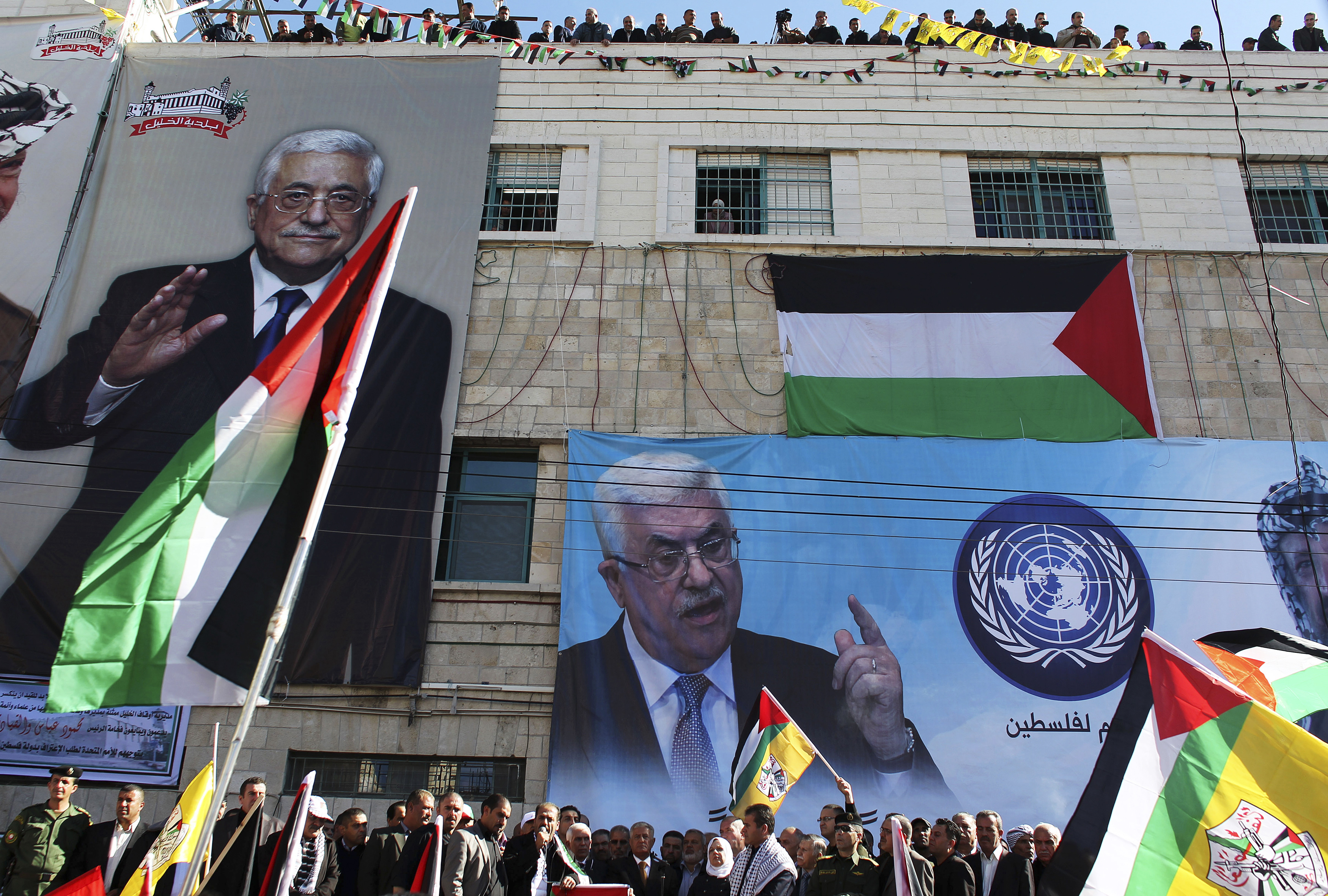
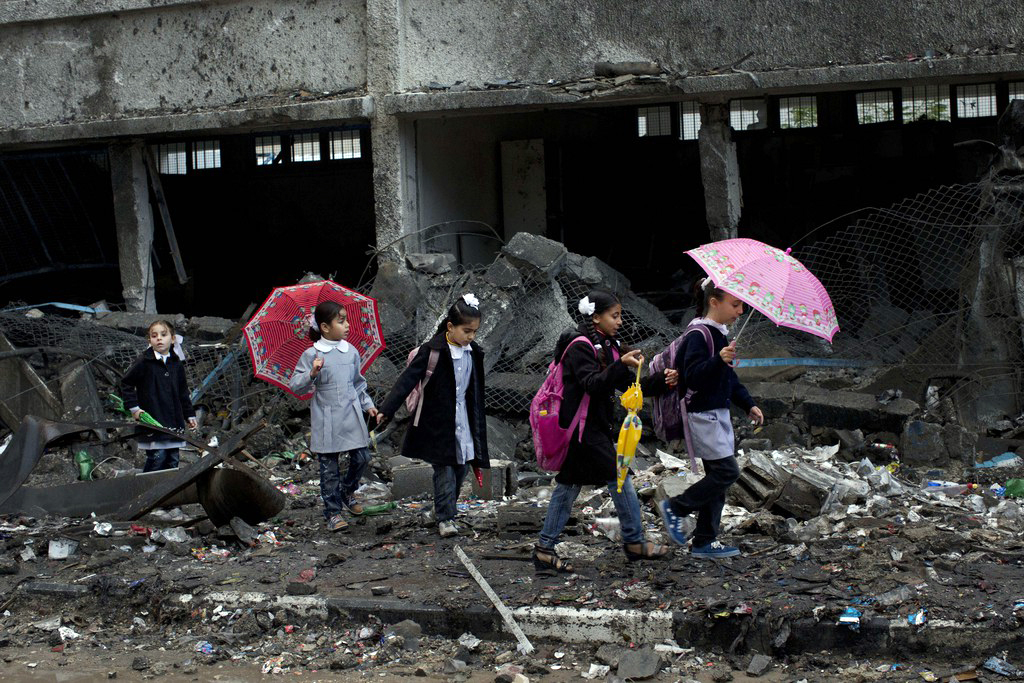
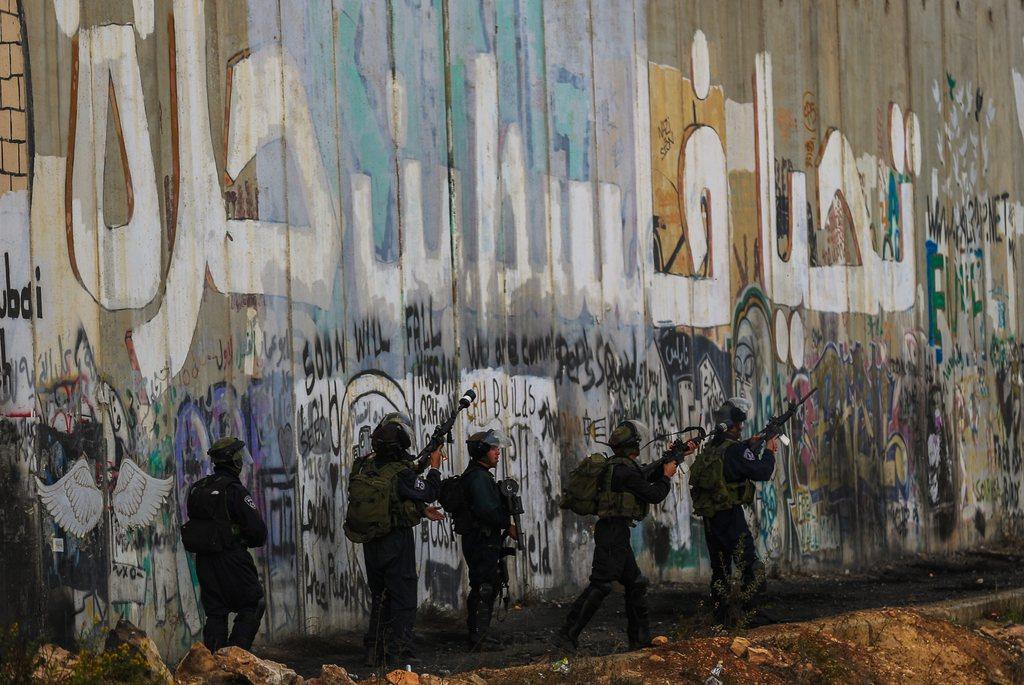
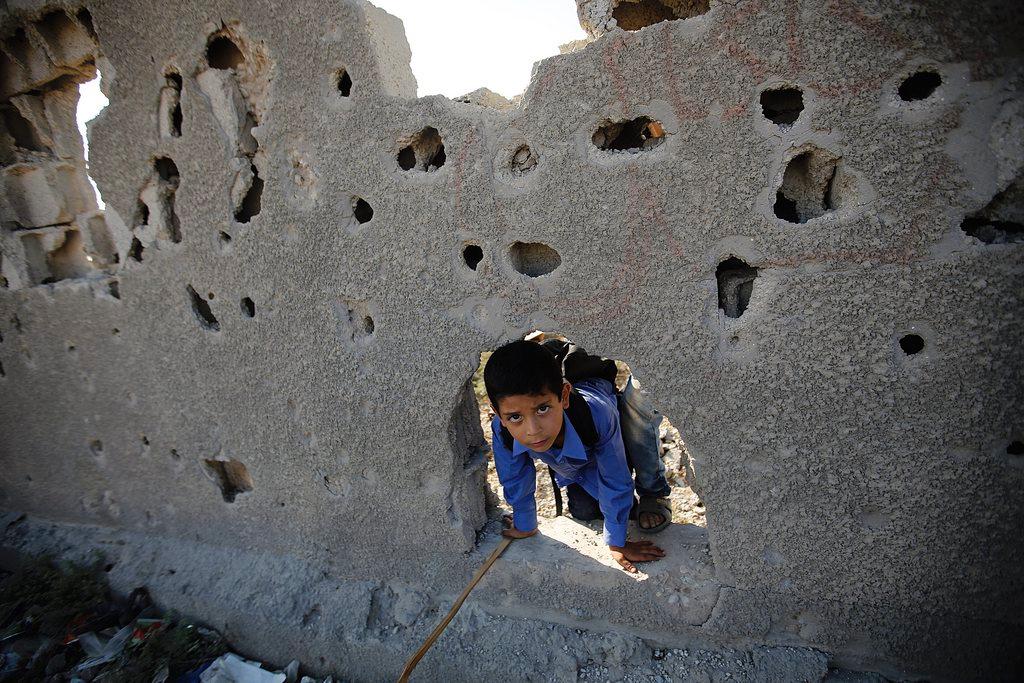
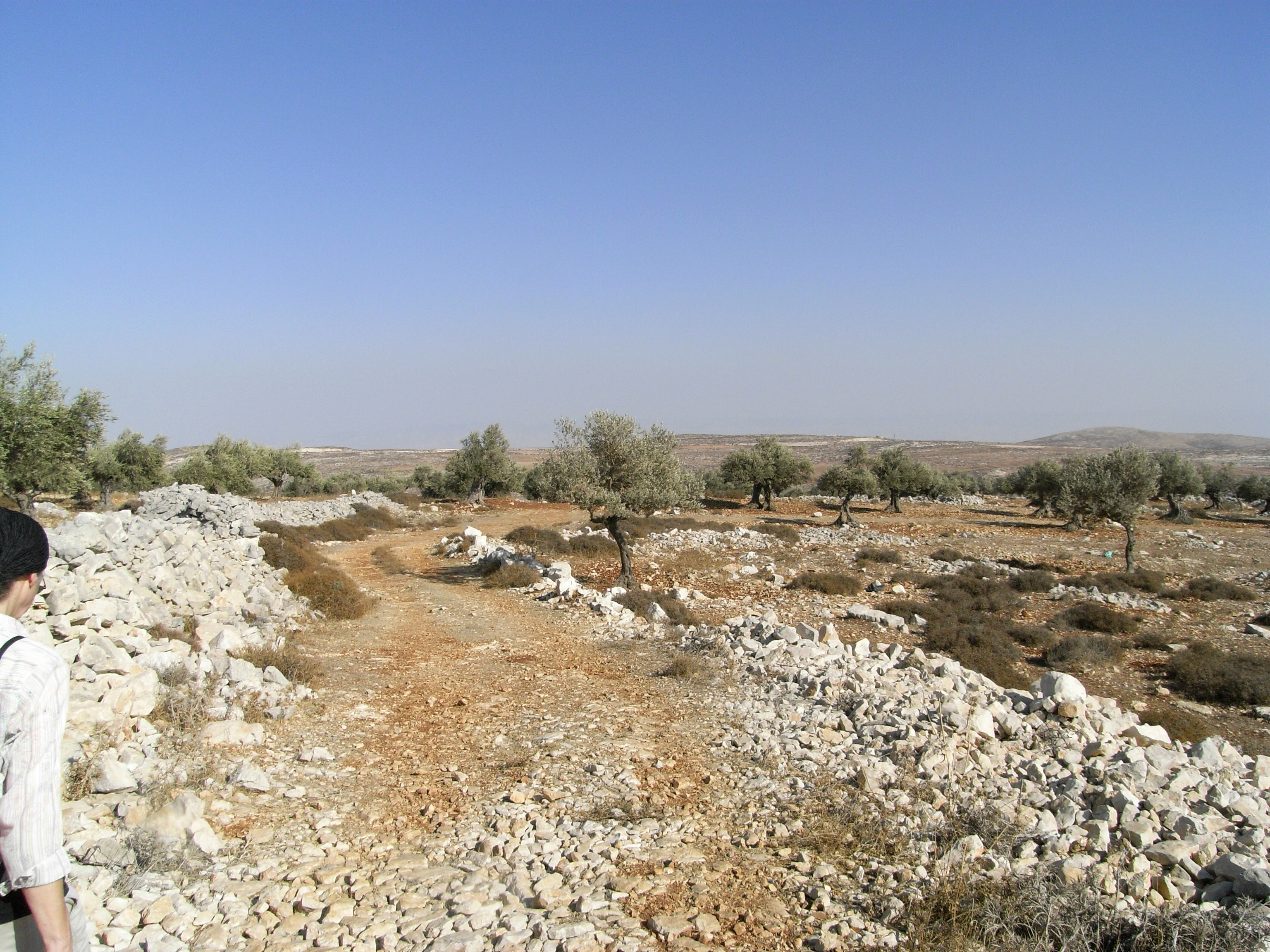
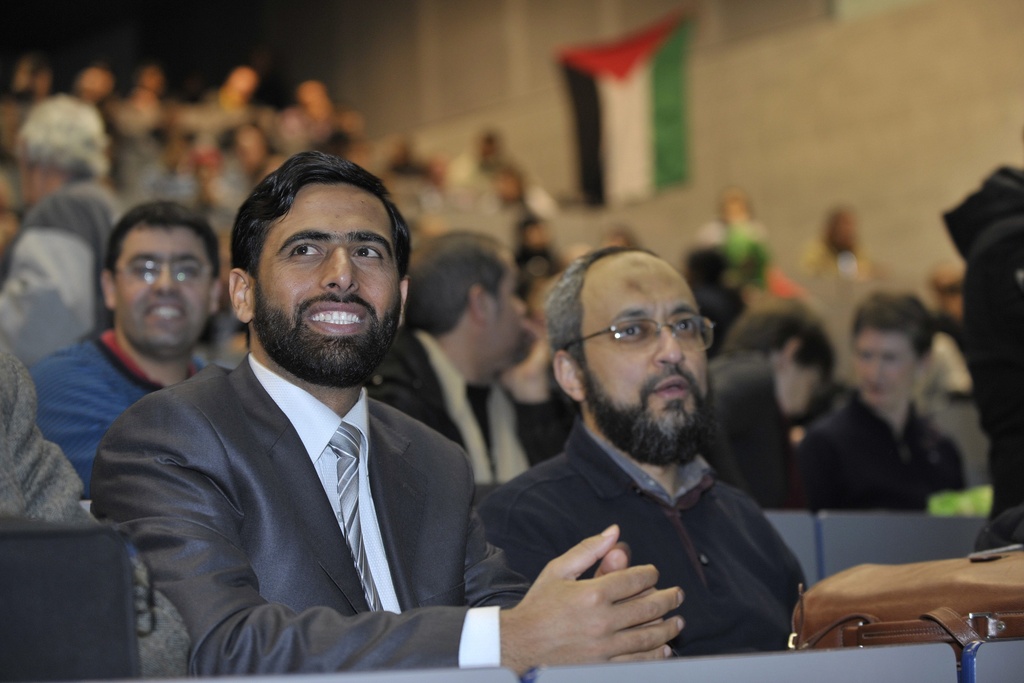
You can find an overview of ongoing debates with our journalists here. Please join us!
If you want to start a conversation about a topic raised in this article or want to report factual errors, email us at english@swissinfo.ch.